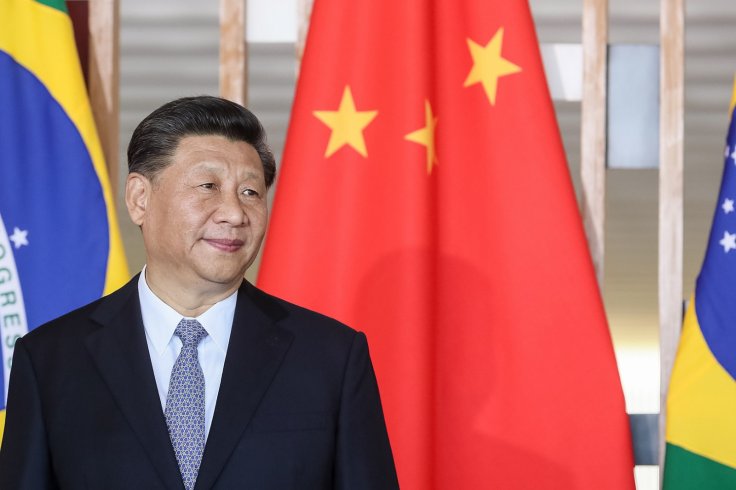Yet another shocking news has come from China that reveals the CCP's strict surveillance rules and belligerent policies. A well- known Chinese poet and current affairs commentator committed suicide by taking poison out of deep disappointment and repression of state security police officers.
Li Huizhi, 62, was a vocal critic of Xi Jinping's policies. He committed suicide in Guangdong province following "unbearable" surveillance under the tenure of President Xi Jinping. He was rushed to a hospital in Guangdong's Huizhou city and placed on a ventilator. Unfortunately, the efforts to save him went in vain and he lost his life.
Li Had Posted a Suicide Note Online
His friend Li Xuewen told Radio Free Asia that the poet had posted a suicide note online before taking his own life, according to ANI. "After he had posted his suicide note online, he turned off his phone," Li Xuewen said. "He took the pesticide, and was taken to hospital after that."

The Note Gives an Idea of the Pressure Faced By Li
According to initial information, the China's toxic surveillance is responsible for Li's tragic death. The note depicted that Li had found the increased surveillance under the tenure of ruling Chinese Communist Party (CCP) general secretary Xi Jinping unbearable.
There has been less and less room for freedom of public expression since Xi Jinping took power, the letter said. According to RFA, Li's phone was monitored and he had to report to the state security police if he wanted to make a trip out of town, the letter said.
'The State Security Police Are Now Watching Me, Every Minute of Every Day'
The letter said Li had made repeated requests for the authorities to call off their surveillance teams, but to no avail, reported RFA.
State security police made a couple of visits to Li's home ahead of the CCP centenary celebrations on July 1, but didn't give any kind of satisfactory response to his request.
Li told RFA in 2017, ahead of the CCP's 19th Party Congress, that he had been forced to return to his hometown of Huizhou by state security police, while he was living and working in Shenzhen.
"After I was brought back here, I was interrogated for five hours straight," Li Huizhi said at the time. "The state security police are now watching me, every minute of every day, and they deleted around 900 of my tweets on Twitter."
"Now my Twitter account is in their hands, so I can't even log on," he said. "I haven't been able to write a column for the past four months now."

China's is Adopting Strict Surveillance Measures
According to various reports, the CCP uses mass surveillance for keeping an eye on the Chinese nationals. Beijing monitors its citizens through Internet, camera as well as through other digital technologies. It has become increasingly widespread under the leadership of Xi Jinping. The coronavirus pandemic has accelerated the implementation of mass surveillance.
According to a report published in Journal of Democracy, technological innovations in such areas as big-data analytics, artificial intelligence, and the Internet of Things are increasingly being harnessed to monitor the lives and activities of China's 1.4 billion people.
The report further says that the new arsenal of the Chinese surveillance state includes mass video-surveillance projects incorporating facial-recognition technology; voice-recognition software that can identify speakers on phone calls; and a sweeping and intrusive program of DNA collection.
Reactions on the Internet
People on internet have expressed sorrow and grief over this incident. Social media users are condemning the harsh and regressive policies adopted by the Chinese regime. Some netizens believe that the Chinese intellectuals and writers are now the new target of the CCP, while some believe such incidents are common in Beijing as cracking down on Chinese nationals is becoming a trend now.
Such a tragedy.
— TheSims@CastleDimitresc🷠(@ramiruua) July 25, 2021
The biggest threat to the CCP's power is spreading the truth.
It's not uncommon incident under a authoritarian #ccp. #CCP_is_terrorist pic.twitter.com/EPjmtrR3z0
— My冰兵 (@My35247847) July 25, 2021
How very sad. I’m so sorry, friend. https://t.co/mPHvFQvR6u
— Velvet Meow (@thevelvetmeow) July 24, 2021









